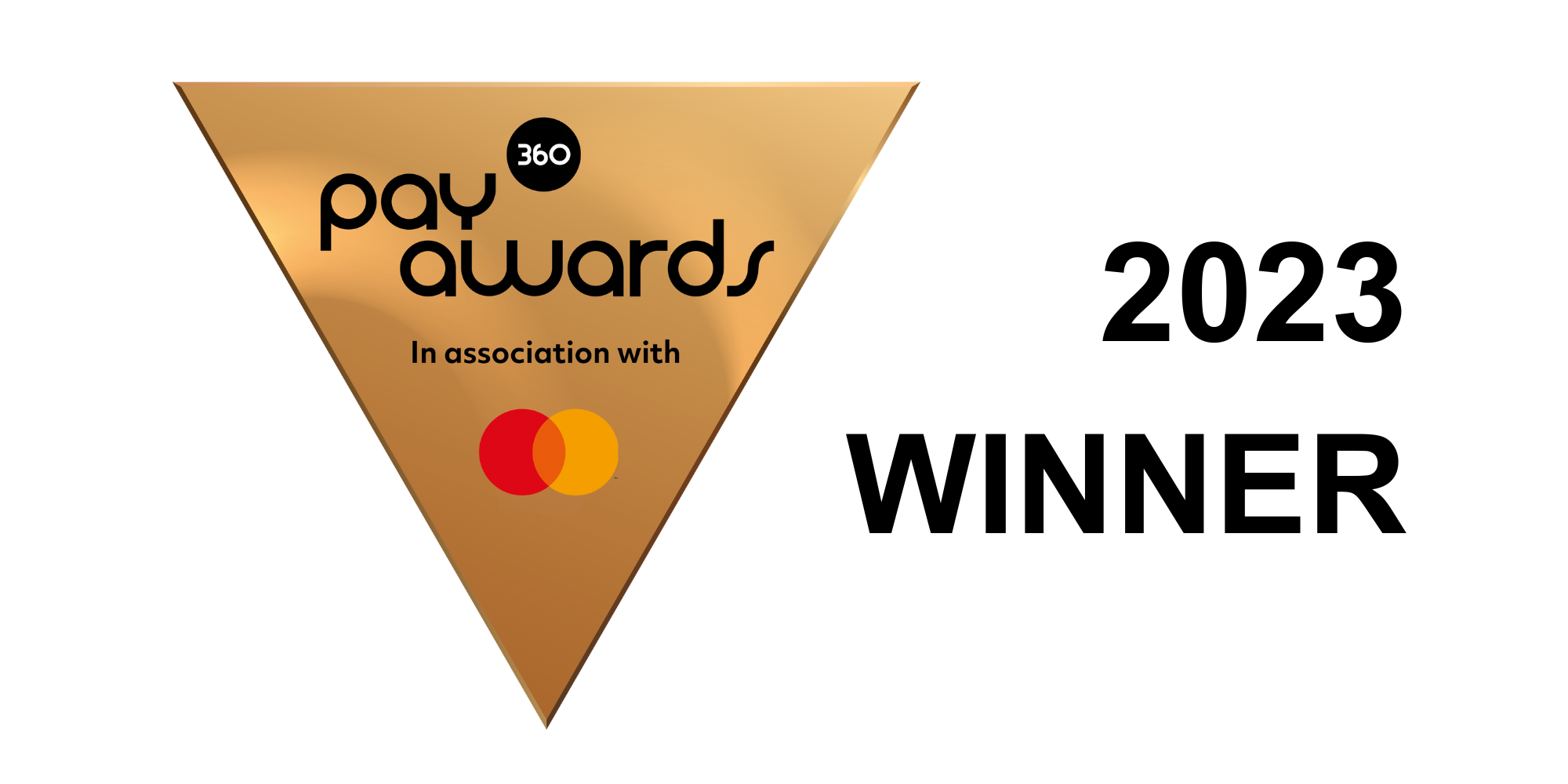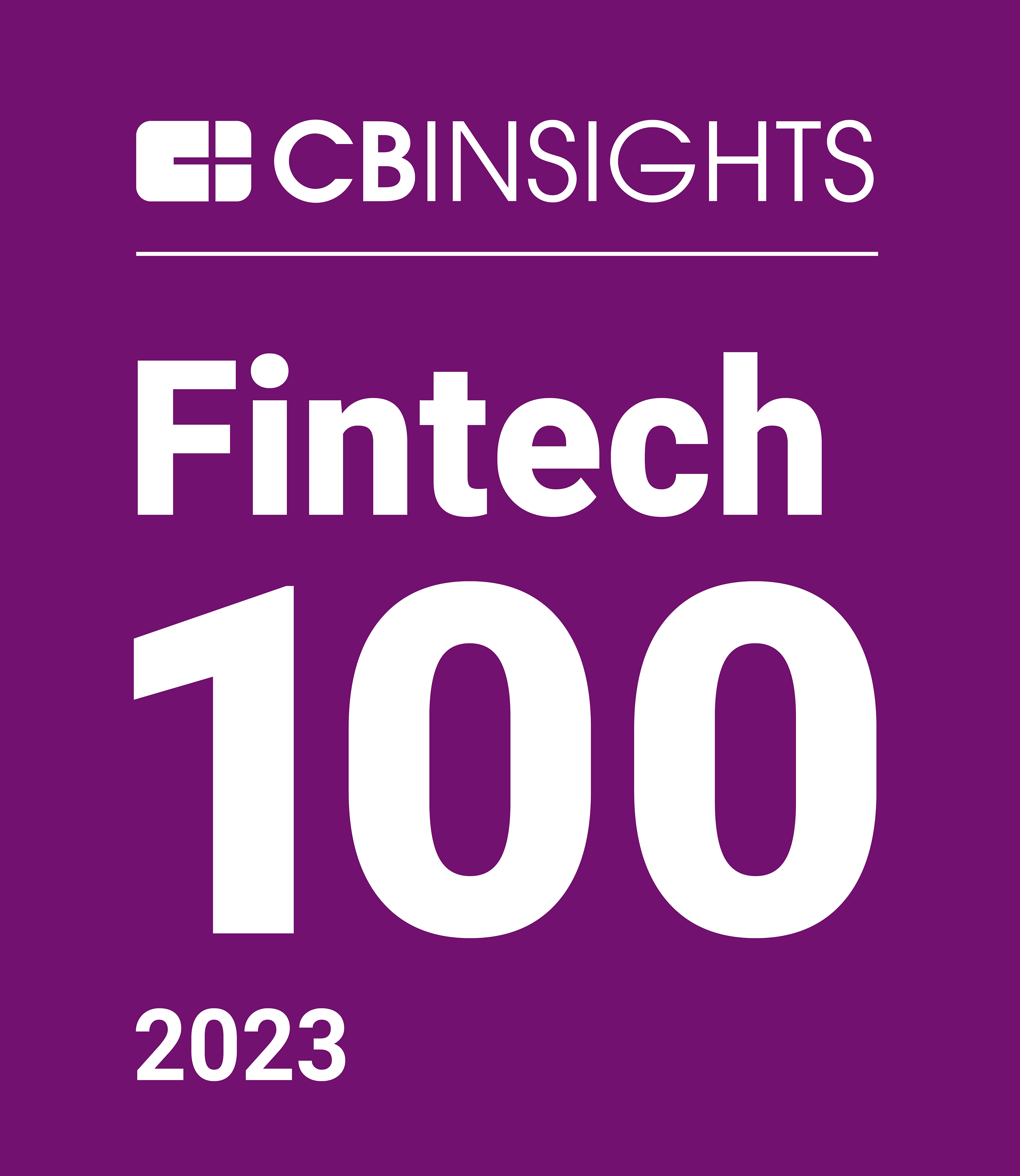How people pay in different parts of the world.
Banking has existed in most western countries for an age; it might take you by surprise to know that it is countries outside of the West that are innovating in banking.
While banking has existed in most Western countries for hundreds of years, it might take you by surprise to know that it is countries outside of the West that are innovating in banking — far more than here. Banking in the UK has seen great innovation lately, in particular with the rise of challenger banks, mobile banking, and contactless, but the ways people pay in other parts of the world offer a new set of features for the individual, born out of different environments and human needs.
Africa.
SMS payments rule as they provide a more convenient way to send money to loved ones in rural areas.
In Kenya and other parts of Africa, necessity begot innovation when it came to sending money to other people. The main breadwinner often has to travel to urban areas to find employment, leaving the family behind and sending the money earnt back home to support the family. For a family to access the money sent to them, they would have to travel for days to get to a bank branch and suffer bank charges on their small wages, or the breadwinner would have to give it to a bus driver in the hopes it can get to them. This is both time consuming and unreliable.
That’s where SMS banking came in. M-Pesa created a system that focused on transmitting money from one phone to another through a network of agents. The way it works is simple: people visit an “agent” with cash, then through a series of SMS messages, will convert that cash into electronic funds that securely sit on their SIM cards. Then via SMS, they transfer that money to anyone else, who would then visit their local agent and withdraw it in cash. This reduces both the time it took to send the money and the cost of the process as it was done through SMS technology.
Asia.
QR codes and mobile payments rule in Asia as a faster and more convenient way to shop and pay for services.
In China, the social network WeChat dominates. Not only is it the dominant social network for communication, but it is also a one-stop shop for all lifestyle needs — you can order a taxi, rent a bike, get movie tickets, top up your phone, send money to friends, and pay for purchases. That means it has become the default digital wallet for most people living in China. The way payment is initiated is through QR (quick response) codes. Merchants or vendors generate a transaction QR code according to the WeChat Payment Protocol and the payer goes to scan the QR code in their app to complete the payment. This method is used for payments made in physical stores, as well as websites, to purchase from advertising and other scenarios. This cuts down on waiting times at checkout counters, incentivizes users with on-going offers, and more importantly, for more independent or street vendors, it cuts through the need for physical payment terminals or card processors as well as the need to transport cash, meaning less of a theft risk. Safety and efficiency all around!
Staying in Asia, while Indonesia is a cash reliant country, it is currently a hotbed of FinTech innovation. A recent Redseer report said that the sector there is projected to grow from $1.5 billion in 2018 to $25 billion in 2023.The push for digital payments in such a cash reliant society will be interesting to watch.
Similarly, in India, payments with QR codes and digital wallets are on the rise, with apps like PayTM gaining popularity.
North America.
Credit cards and cash still rule in North America, particularly in the United States, where interest rates are favorable and benefits of credit card payments, like travel rewards, are aplenty.
In North America, while the United States usually dominates in innovation in other categories, it has yet to jump on the mobile payments bandwagon. This is due to a multitude of reasons, including its size, aging infrastructure, and particularly, after the 2008 financial crisis, the hesitation of regulators to grant new banking licenses. That is about to change, as regulators have started granting bank licenses again, but until the new challenger banks take hold there, the vast majority of people in the US still pay using cash, cheques, and credit cards.
People even still use travelers’ cheques! Even for contactless payments to proliferate in the US (currently only 3% of people have contactless cards, according to a report from AT Kearney, compared to 64% in the UK), there would need to be a rollout of new terminals that could accept contactless cards, AND people would have to get new contactless cards. Not only will this take years, but it’ll also be extremely costly. So while the US is using card payments, as are most countries with banking systems, they’re still using Magstripes, which have gone out of fashion — in the other G8 countries. Payments apps are on the rise though, with apps like Venmo, Zelle, and CashApp gaining popularity.
Europe.
All across Europe there has been a payments tech innovation, with mobile payments and contactless proliferating.
In Europe, payments via QR codes have yet to take hold; however, six European mobile wallets recently announced they are now QR-enabled by Alipay technologies. The six wallets are Bluecode (Austria), ePassi and Pivo (Finland), momo Packet (Spain), Pagaqui (Portugal) and Vipps (Norway). In the UK, cash and card still dominate. Cash is still the second most popular method of payment in the UK and was chosen for more than a quarter of all payments during 2018. And while they still do in most parts of the UK, in London contactless and mobile payments have gained massive popularity especially after Transport for London announced it would accept contactless and mobile payments to pay for journeys instead of Oyster cards or printed tickets.
We’re a long way away from a completely cashless society, but perhaps not as far away as we think. While cash might always have a place in daily transactions, the rise in mobile technology has certainly facilitated new and innovative ways to pay around the world. Cash may be king, but plastic cards might go the way of the dinosaur.
Platform


Banked Ltd is authorised and regulated by the UK Financial Conduct Authority
151 Wardour St, Unit 5.01, London, W1F 8WE, UK
Company number 11047186 : Firm Reference Number 816944 : +44 (0) 20 8090 2747
© Banked : 2026